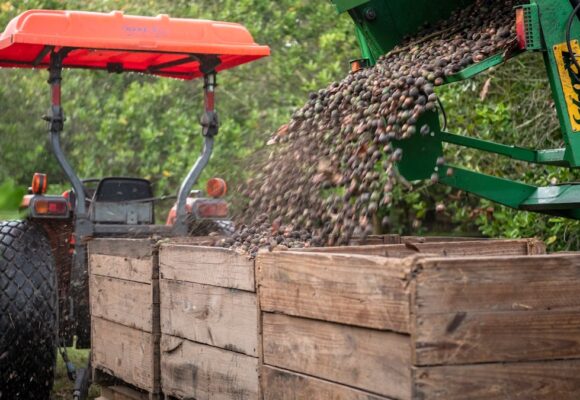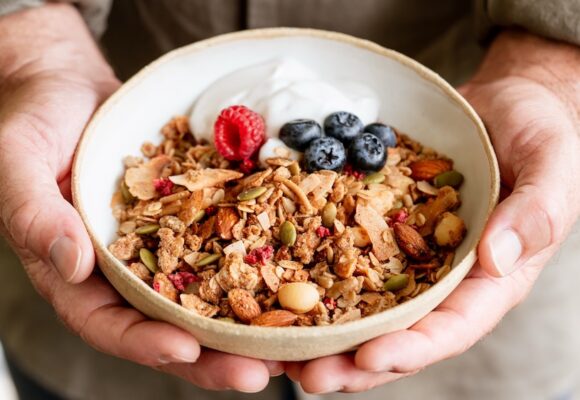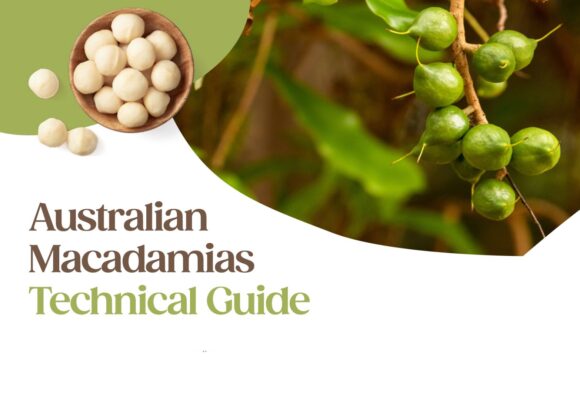Challenging our weighty reputation
Evidence that challenges common misconceptions about nuts and weight was presented by an international nutrition expert at the recent Dietitians Association of Australian (DAA) 32nd National Conference in Perth (13-16 May 2015).
Distinguished Professor Richard Mattes is a highly-awarded nutrition researcher from Purdue University, USA. His research focuses on the areas of hunger and satiety, regulation of food intake in humans, food preferences, human cephalic phase responses, and taste and smell.
It’s no secret that nuts are high in fat and energy dense. As a result, their consumption is often restricted in diets designed to manage weight and diabetes risk.
However Prof Mattes claims there is a strong body of evidence challenging these concerns.
“Epidemiological trials reveal no association or an inverse association between the frequency of nut consumption and weight gain, BMI or diabetes risk,” said keynote speaker Prof Mattes. “Clinical trials document that the inclusion of a moderate portion of nuts, up to 40 grams a day, does not pose a risk for weight gain. Nuts may also be especially useful as a snack because they provide a wide range of nutrients while having little impact on daily energy intake.”
In addition to reviewing the research on nuts and weight, Prof Mattes presented the three key reasons that nuts have a limited impact on weight:
· High satiety: Nuts are highly satiating, suppressing both hunger and the desire to eat in the absence of hunger. This leads to strong dietary compensation where people eat less throughout the day. The reduction in eating at subsequent meals or snacks accounts for about two-thirds to three-quarters of the kilojoules a portion of nuts provides.
· Inefficient energy absorption: The kilojoules that nuts contain are not efficiently absorbed. Due to the resistance of nuts’ cell walls to digestion, the fat they contain is not readily accessible, so up to 20% of the energy is excreted.
· Increased resting metabolic rate: Long-term nut consumption is associated with a 5-10% elevation of resting energy expenditure.

Prof Mattes also presented a review of evidence supporting a role for nuts in diabetes management. He discussed how fat, fibre and polyphenol content of nuts reduce blood glucose levels following meals and the association between regular nut consumption and lower markers of insulin production.
Prof Mattes’ presentation attracted strong media coverage, including interviews with Austereo, 6PR Perth and 2SM Sydney and this article in The West Australian newspaper. There was also plenty of social media buzz with 284 tweets during the presentation, with a potential reach of over 568,000. To see Prof Mattes explaining the benefits of nut consumption, take a look here.
We look forward to further findings from Prof Mattes with his latest, yet to be published research examining the brain’s pleasure response to eating nuts to determine if they are resistant to the ‘monotony effect’.
We’ll keep you updated!
For further information please email lynne.ziehlke@macadamias.org or Lisa Yates admin@nutsforlife.com.au


